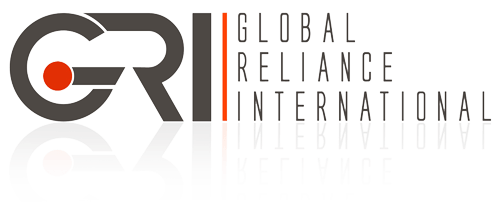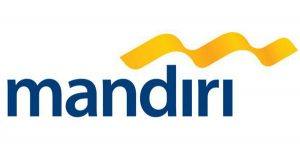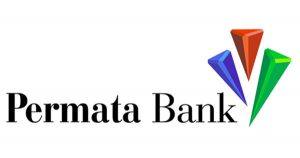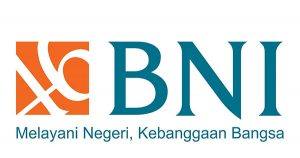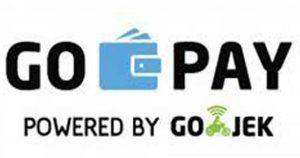Feedmill
Certified feed mills shall comply with applicable business-related laws and environmental regulations dealing with, for example, waste disposal, effluents and pest control. Facilities shall also meet established standards for product safety, complying with local and national regulations and the requirements of export markets. Feed mills are a critical support industry for aquaculture, with expenditures on …
